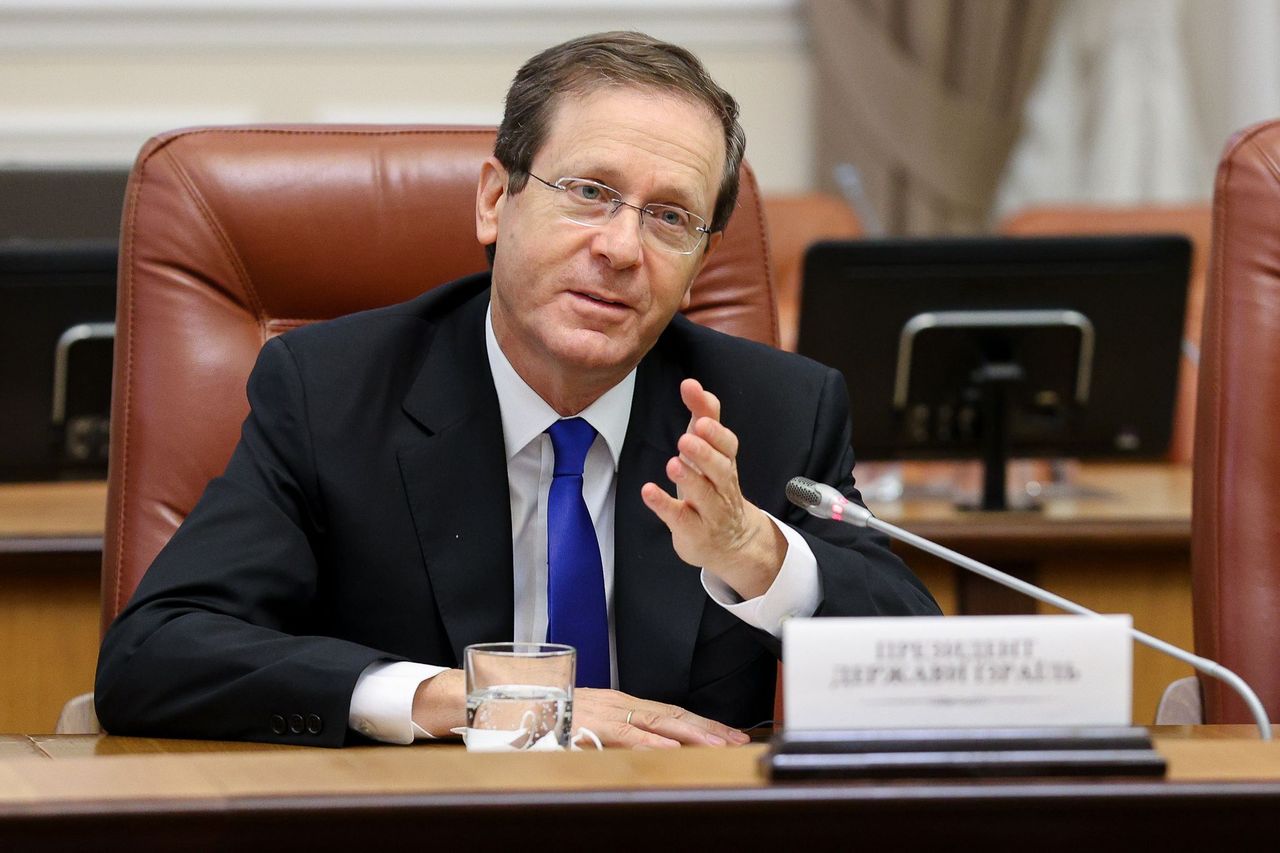(JTA) — The Jewish Agency for Israel is denying an Israeli news report that Russia had ordered it to stop operating there.
But Russian authorities have sent the organization a letter that may require changes to its work facilitating immigration to Israel.
The Jerusalem Post reported Tuesday that Russian officials last week informed Jewish Agency staff in Russia that they are to cease operations. Such a decision would strike a blow for the Russian Jews and their family members who are seeking to move to Israel amid their own country’s war on Ukraine and subsequent international sanctions.
The report was not accurate, a Jewish Agency official told the Jewish Telegraphic Agency. The official, who declined to be named because of an organizational media policy, said the Jewish Agency is not aware of any order by Russian authorities to cease operations in Russia.
The work of the Jewish Agency “is continuing as usual,” the official said.
But Russian authorities did give the Jewish Agency a letter that makes “certain inquiries,” the official said, declining to offer details to share the letter with JTA. According to a Times of Israel report, Russia’s unspecified demands would make it harder for the Jewish Agency to continue its work.
The group is remaining tight-lipped as it navigates a complex political dynamic in a country where dissent is often, and increasingly, stiffly punished. In a statement, the Jewish Agency said that it is occasionally required by authorities abroad to “make adaptations” to its work and that it is now in communication about doing so with Russian authorities.
The statement said the letter contained “remarks and criticisms” of the Jewish Agency’s processes following a recent inspection that lasted more than a year.
“These are mainly administrative issues, but the letter points to problems that, according to its authors, have been revealed by the inspection, as well as their possible legal consequences,” the statement said. “The letter invites the Jewish Agency to respond in writing to any disagreement regarding the issues raised. Therefore, the Jewish Agency intends to study the issues in depth, as well as their implications, and to address them accordingly within the framework of ongoing contacts with the Russian authorities.”
Several thousand Russians have left Russia for Israel since Russia invaded Ukraine on Feb. 24. The invasion triggered an armed conflict in which thousands have died and millions had to flee their homes in Ukraine.
The war has also prompted a further curtailing of civil liberties in Russia, where the authoritarian regime of President Vladimir Putin for years has been tightening its grip on society.
“Foreign agents,” a broad category of groups and individuals that includes the Jewish Agency’s staff in Russia, have been of special interest to authorities. Last week, Russia’s lower house of parliament, the State Duma, passed a law expanding the definition of a foreign agent and placing new restrictions on them. This law, which will become effective on Dec. 1, is an extension of legislation in place since 2012.
The first Jewish group to be named a foreign agent under the law was a Jewish cultural association with ties to the American Jewish Joint Distribution Committee in 2015; since then, other organizations have been added to Russia’s growing register.



